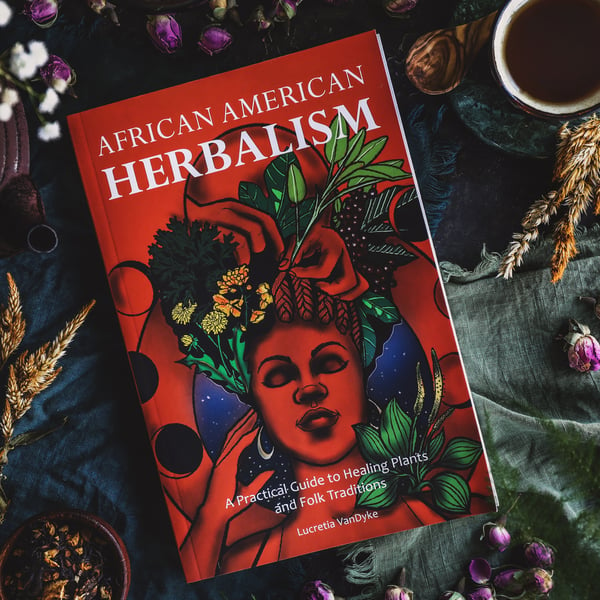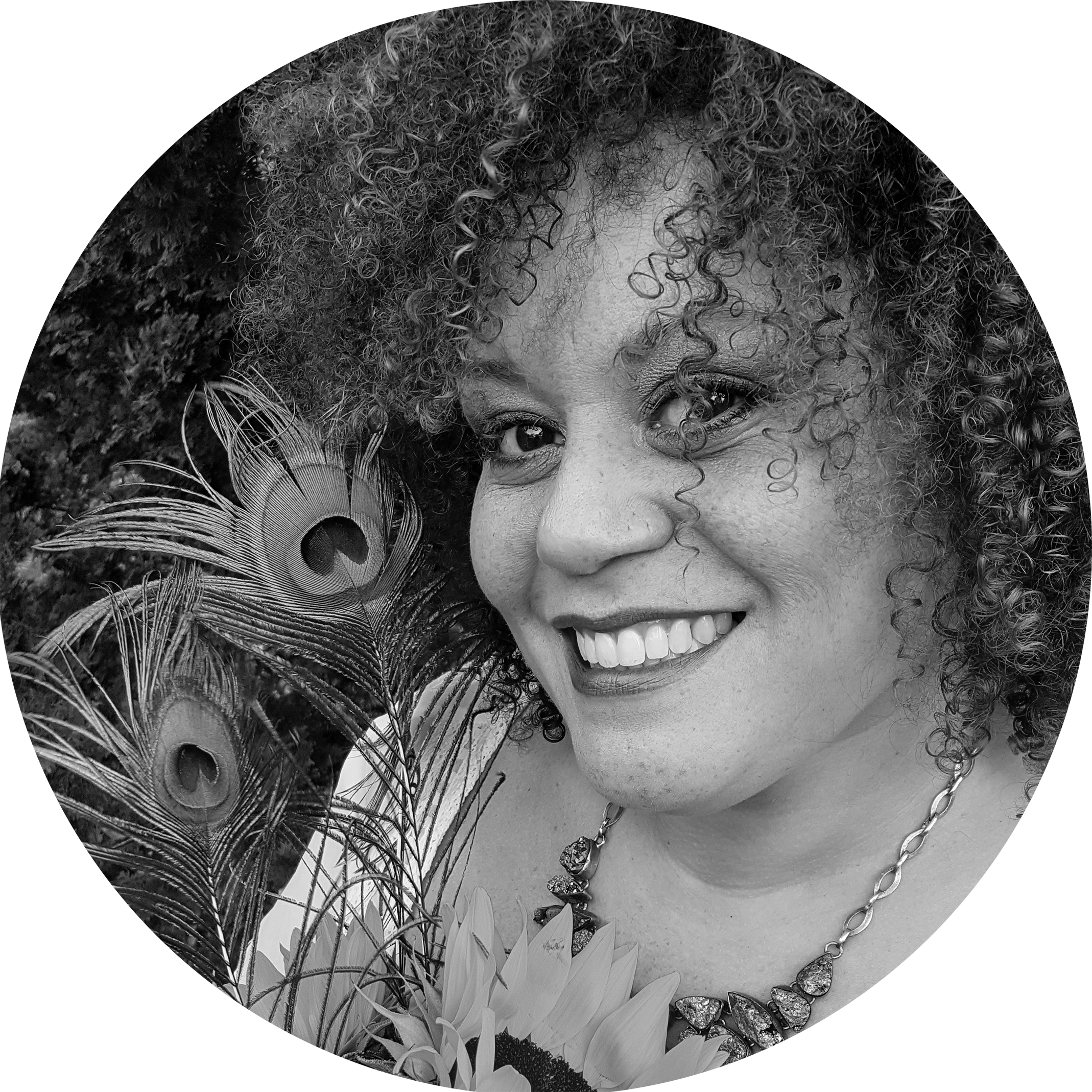There is no way to fully know all the accomplishments and contributions people of color have made in the healing arts. Throughout my American herbal studies, I heard people sing songs to the plants and listened to their stories about herbalism. While these stories were helpful, they didn’t resonate as deeply for me because they did not represent people of color. Many times, when teachers could tell a story about someone in the BIPOC community who influenced their path to herbalism, they had forgotten those long-ago educators’ names. I began a quest to speak the names of my ancestors, to collect the stories of the powerful women who wove a patchwork quilt of herbal knowledge that was passed down to them from lands most had never felt a sunrise in.
Before the time of Columbus, we came to the states on ships from Africa and beyond. Some of us were also taken—with nothing but seeds woven in our braids, prayers to the ancestors, and fear of the unknown in our hearts. We would need our native medicine wherever we were taken, so the seeds tucked into our braids ensured we would always be able to take care of our people. Stolen from our ancestral lands, we brought our medicines from different shores, from ancient times. These plant medicines and methodologies spread from generation to generation, handed down from grandmas and aunties through stories, songs, and legends. They were intertwined with a knowing of the importance of our connection to the earth. When you have connection to the plants, they teach you their wisdom.
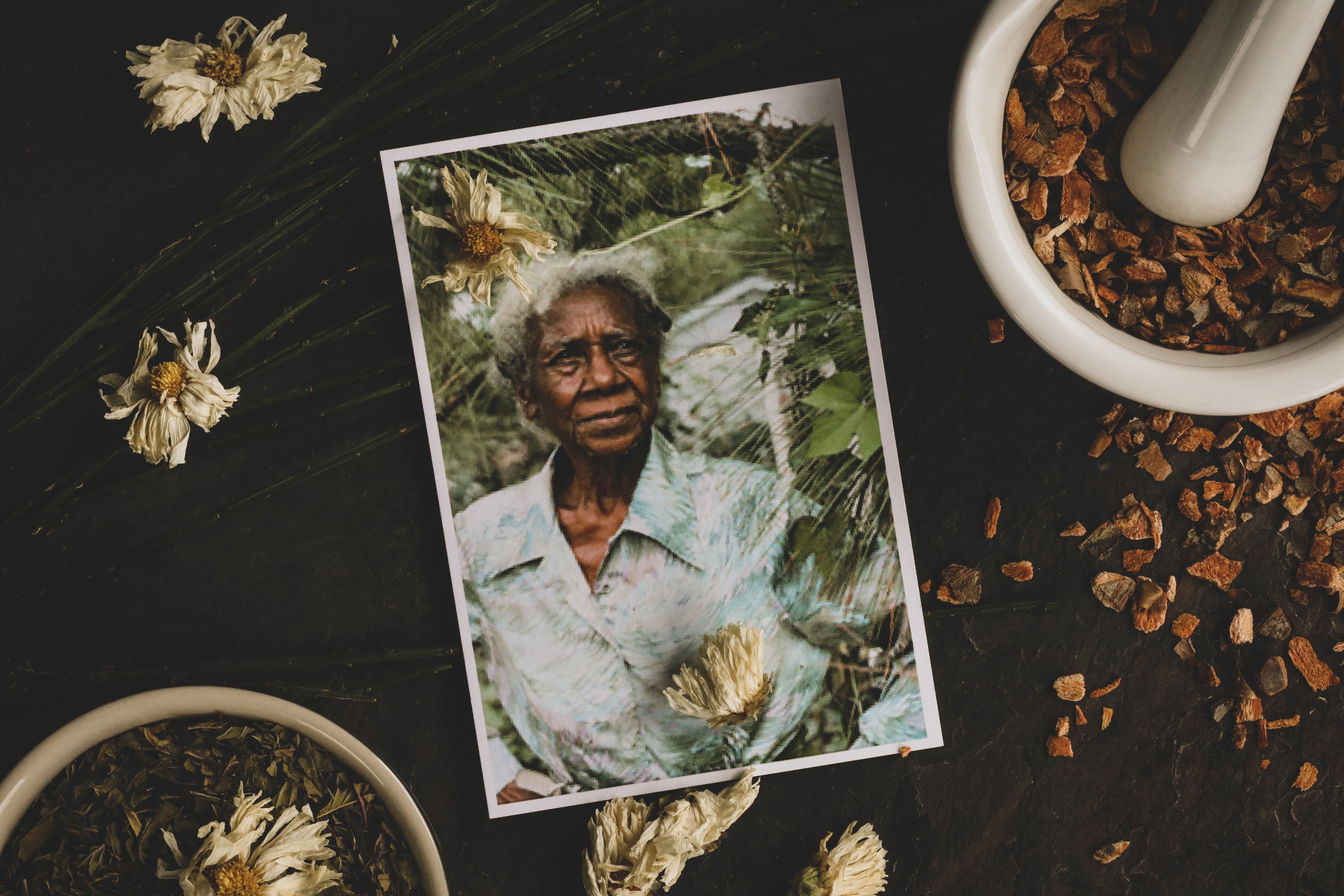
In a time where healthcare was particularly inaccessible to people of color, Emma Dupree served as an herbalist and healer who crafted herbal remedies to offer her North Carolina community.
This is evident in my North Carolina girl, Emma Dupree (born Emma Williams July 4, 1897 in NC; died - March 12, 1996 in Fountain, NC). An herbalist and traditional healer, she was called “Little Medicine Thing” because, like me, she spent more of her childhood with the plants than she did people.
Many stories speak of Emma bringing herbs from the land, boiling them down, and creating medicine for the community. Using plants like various mints (which seemed to be a favorite) for circulation, tansy (her family fondly holding deep connection to this plant), and catnip for colic. She would light a fire in her backyard and decoct these down to something that resembled tobacco spit and smelled like turpentine. People would line up for her herbal preparations, but it was her gift of presence that did much of the work. Emma often said she was the middle person. Her position was between the plants and God; she would say, “Take this medicine with faith, I am just the instrument.” Most folks remember how she could just “talk out a problem” and you would leave feeling so much better.
This was during a time where healthcare was virtually inaccessible to people of color. The first hospital for the black community in North Carolina wasn’t established until 1927 and was located 15 miles outside of Asheville. Many of the mountain folk had challenges getting there, and most were unable to affordable healthcare. In these communities, midwives played a key role.
Midwife Mary Stepp Burnette Hayden of Black Mountain (Born in Jan. 1858; Died Jan. 6, 1956) to Hanah Stepp ( Born 1832–Died Nov. 6, 1897) on the Joe Stepp farm in Black Mountain was an important historical influence on folk herbalism in the area. Mary learned midwifery from her mother, who had served as a midwife from a very young age, having been sold to the Stepps from a plantation in Alabama when she was around 13. Mary Hayden was one of the first African-American women to be registered with the Buncombe County Health Department as a midwife. However, North Carolina began regulating midwifery in the 1920s, outlawed lay-midwifery in the 1970s, and began to increase bans on herbs and poultices, greatly affecting the mountain community. Mary continued to work with doctors to get sterile supplies to serve the community until she was in her 80s.
When I interviewed Mary's great granddaughter, Mary Burnette, we talked about some of her great grandmother's herbal remedies and how far back she believed they have traveled in her family. “There was Jerusalem Oak and you could find it in our fields," Burnette said. "A lot of kids had parasites and worms, and you’d make it into tea with sugar or molasses.”
“The most common tea granny used was ground ivy, a little vine with a fan-shaped, scalloped leaf and a little purple flower," Burnette fondly remembered, "She would make that into a tea, make it a little sweet, and you can drink that to help you sleep at night. My sister used to follow Granny around through the fields and knew a lot more than I did. She said Granny told her that every herb has three kinds—one is a healer, one is a just a weed, and the other is a poison. I thought that was wonderful. A positive, a neutral, and a negative.”
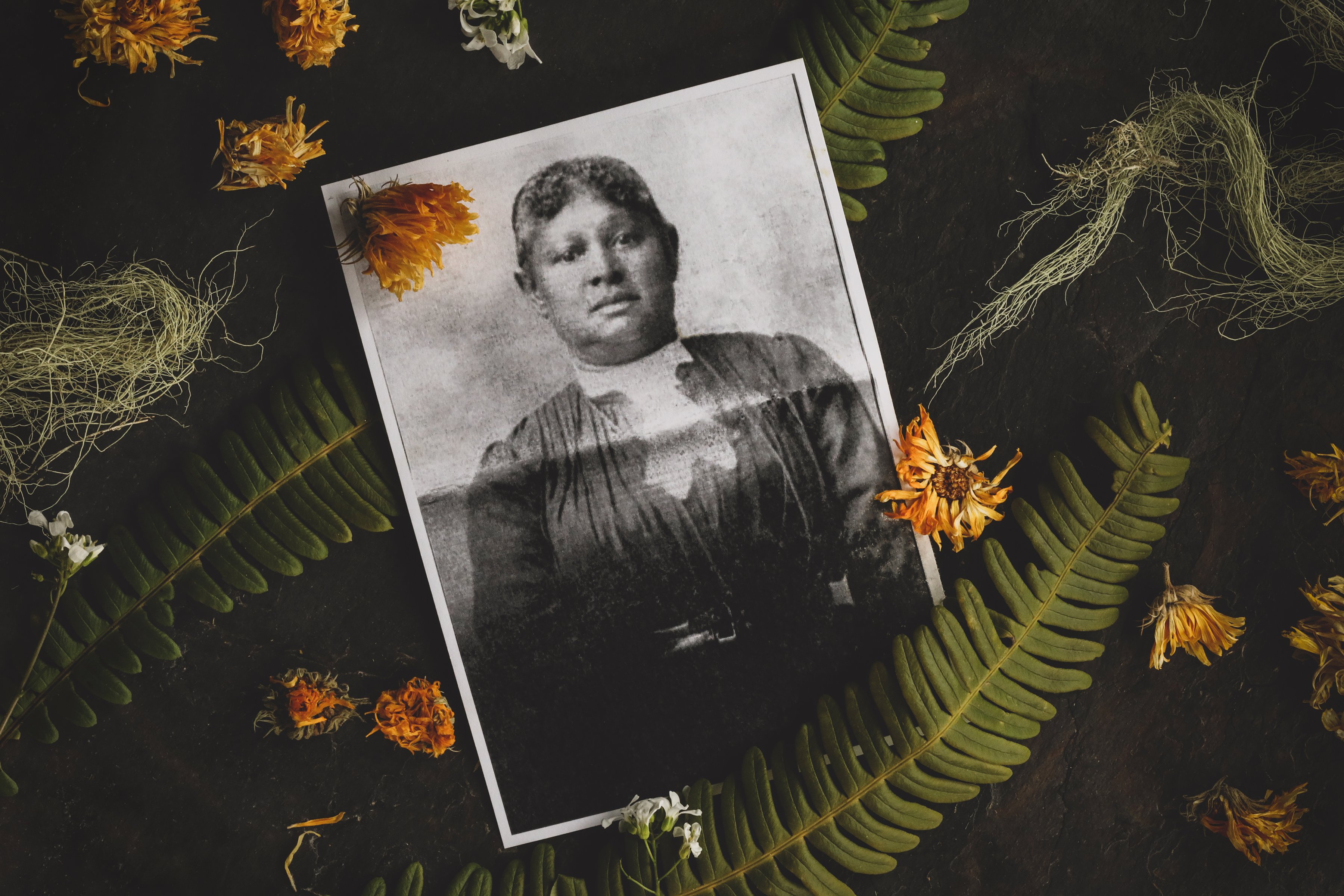
Despite the laws against midwifery, Henrietta Phelps Jeffries continued to help communities of women safely and naturally deliver children.
And let us not forget Henrietta Phelps Jeffries, Doctress, (born January 5, 1857 in Halifax County, Virginia; died – August 22, 1926 in Caswell County, North Carolina). She was an African American midwife and a founding member of the Macedonia A.M.E. Church located in Milton, North Carolina. Despite laws restricting the practice of midwifery, she provided safe births for her community. When she was brought to trial for “practicing medicine without a license,” a charge punishable by death at the time, she was found guilty by 12 white men. Only the judge and her community saved her. When asked who was delivered by this woman, the entire court stood up (and most believed the judge had been delivered by her as well). She was “free” and she continued her work until her death.
It is deep in the bones of our people to be of service, and with the power of a community standing together, we can make great change. Each of these stories has made me a better and more connected herbalist. I honor these extraordinary women, and those whose names may never be known. They have brought not only the wisdom of plants, but the guidance of their ancestors and the strength to share, against many odds. I share their names and stories in hope that they are recognized for their contributions, and that their quilt of wisdom will continue to be passed to future generations of herbalists.
Want a Copy of African American hERBALISM?
Find The Book Here!
You may also enjoy:
Reclaiming Food Sovereignty in the BIPOC Community
Supporting Heritage Herbalism in Appalachia
How Herbalism Helps Communities Bloom
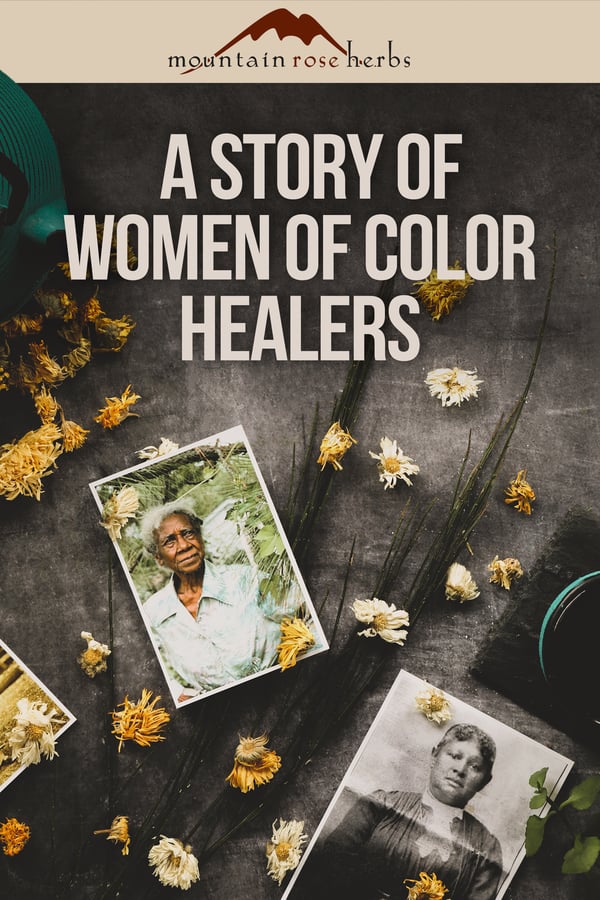

.jpg?width=3600&name=AffrilacianHerbalism%20(1).jpg)
